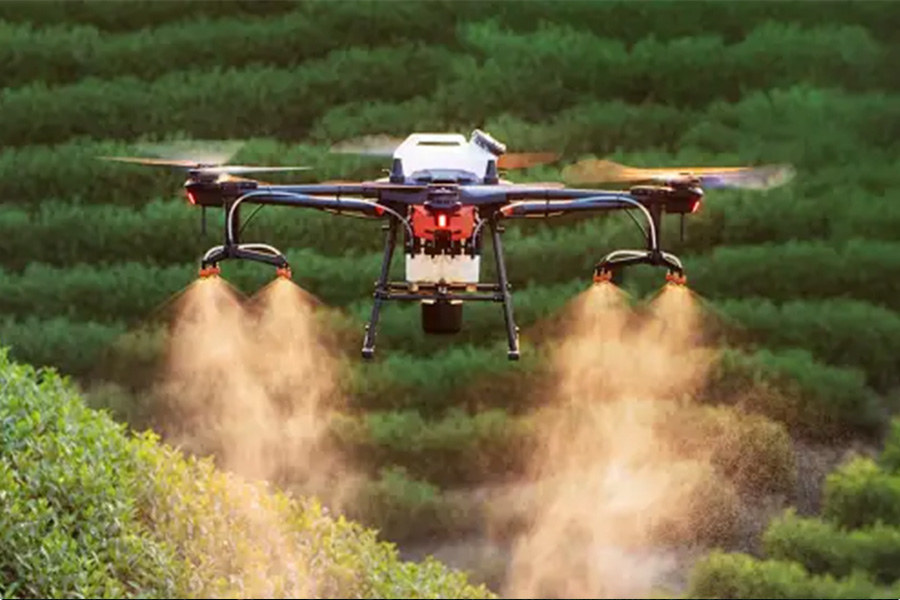In the ever-evolving landscape of agriculture, innovative techniques are playing a pivotal role in shaping modern farming practices. These advancements not only enhance productivity and efficiency but also contribute to the sustainability and resilience of farming operations. By leveraging technology, precision farming, and smart strategies, farmers are able to adapt to changing conditions and meet the growing demands of a global population.

One of the most significant innovations in modern farming is the adoption of precision agriculture. This approach utilizes advanced technologies such as GPS, drones, and sensors to collect detailed data on crop health, soil conditions, and weather patterns. By analyzing this information, farmers can make informed decisions about planting, irrigation, and fertilization, reducing waste and optimizing resource use. For instance, drones equipped with cameras and spectral analysis tools can provide real-time images of crop stress, allowing farmers to address issues promptly and target treatments more precisely.
Another key innovation is the development of biotechnological solutions. Through genetic engineering and breeding techniques, scientists are creating crop varieties that are more resistant to diseases, pests, and adverse weather conditions. These crops often have higher yields and better nutritional profiles, contributing to food security and improved livelihoods for farmers. Similarly, advancements in animal breeding and biotechnology are leading to healthier and more productive livestock, enhancing the overall productivity of livestock farming.
In addition to precision agriculture and biotechnology, modern farming is also benefiting from the integration of information technology. Farm management software and mobile applications enable farmers to track inventory, monitor financial performance, and manage labor more effectively. These tools also facilitate communication and collaboration, allowing farmers to share knowledge and resources with others in their community. By adopting digital solutions, farmers can streamline their operations, reduce administrative burdens, and focus on core farming activities.
Moreover, the rise of mechanization and automation is transforming the physical aspects of farming. Advanced machinery, such as self-driving tractors and automated harvesting systems, is increasing productivity while reducing the physical strain on farmers. These technologies enable farmers to cover larger areas more quickly and accurately, ensuring that crops are planted, managed, and harvested efficiently. Automation also provides opportunities for farmers to diversify their operations, explore new markets, and increase their profitability.
As these innovative techniques continue to evolve, it is crucial for farmers to stay informed and adapt to new practices. Educational programs, workshops, and online resources are available to help farmers understand and implement these advancements. By embracing innovation, farmers can enhance their productivity, improve their quality of life, and contribute to the long-term sustainability of agriculture.
In conclusion, innovative agricultural techniques are playing a vital role in shaping modern farming. From precision agriculture and biotechnology to information technology and mechanization, these advancements are transforming the way farmers operate, increasing productivity, and enhancing resilience. As the global population grows and demands for food and resources increase, the adoption of innovative techniques will be essential for meeting these challenges and ensuring the future of agriculture.

 Return
Return


